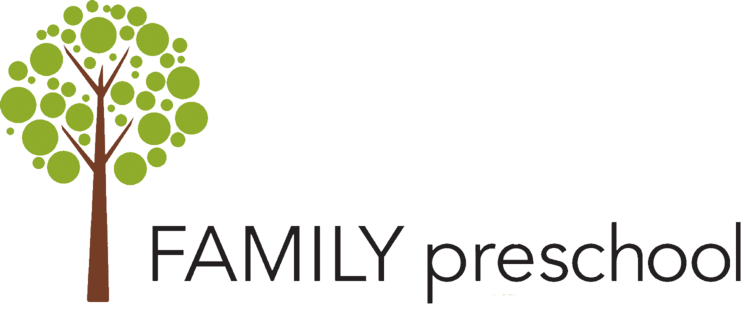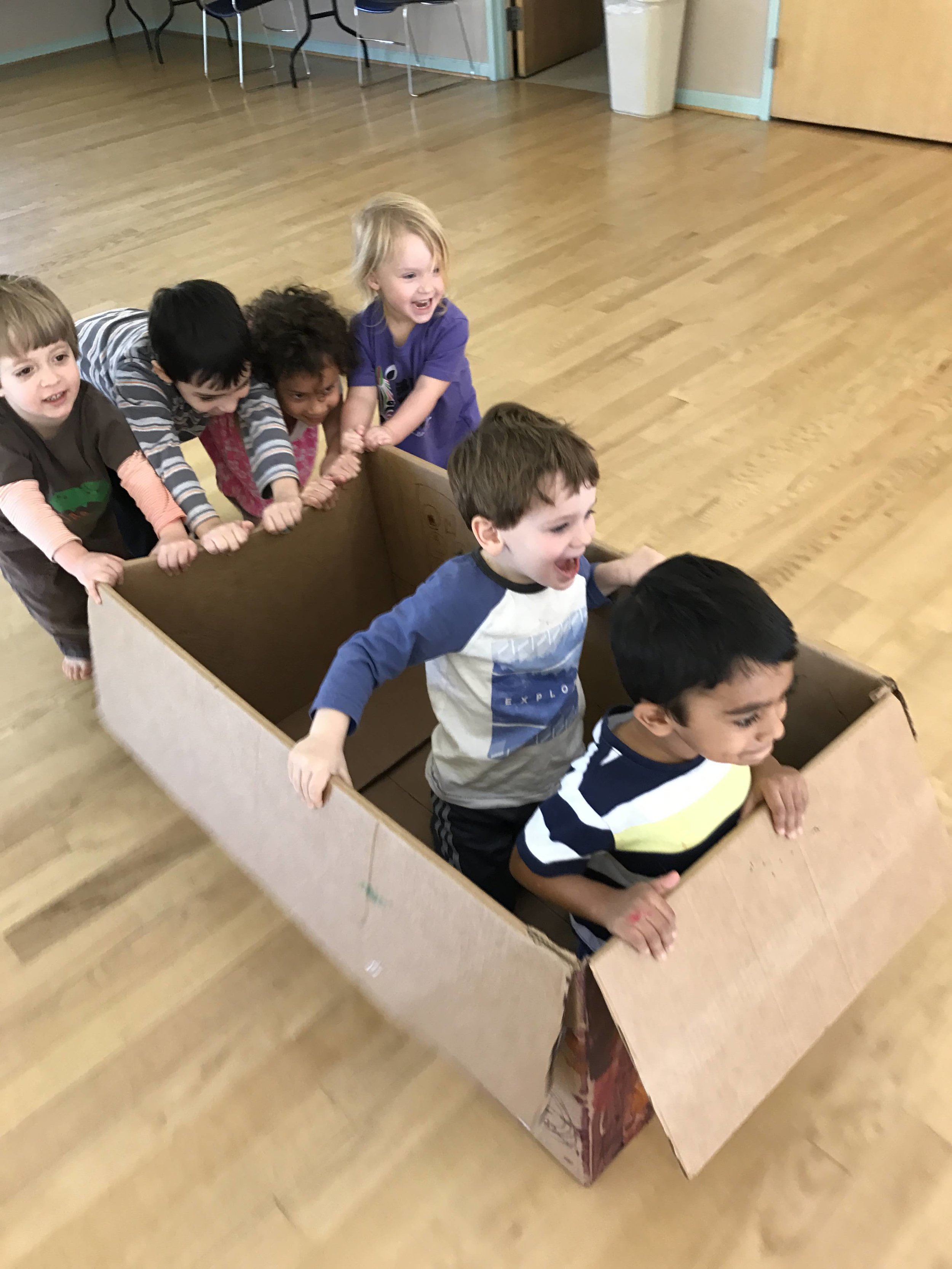Curriculum
Family Preschool is one of the only preschools in the
area using the Project Approach Model
Family Preschool is a half-day, play-based preschool serving children ages 1 to 5. Learning through play is critical to the healthy growth and development of young children. As children play, they learn to solve problems, to cooperate with peers, and to develop fine and gross motor skills. Play-based learning also creates enthusiastic, successful, lifelong learners.
““Thanks to Family Preschool, my son entered kindergarten well-equipped with the tools he needed to master the challenges of reading, writing, and math.””
Theme-Based Curriculum
Teachers of our 1 and 2-year old classes build unique theme-based curriculums that align with the children’s current interests. FPS follows the National Association for the Education of Young Children’s (NAEYC) recommendations for curriculum, which supports an approach to learning based on the constructivist theories of Piaget and Vygotsky. In this model, teachers plan activities designed to promote children’s reasoning and problem solving skills. The children are also encouraged to design their own activities where the teachers are active participants.
Project Approach
In the 3 and 4-year old classrooms, teachers use the Project Approach model developed by Lilian Katz and Sylvia Chard. During a Project, teachers guide students through in-depth investigations of real-world topics. There are three distinct phases in project work.
Teachers establish what children already know about a topic and the children share their experiences through personal narratives. During this time, children’s questions and wonderings are recorded.
The class investigates the topic using books, art projects, manipulatives, experiments, guest experts, and field work. Throughout the project, children and teachers record observations, collect data, and represent what they learn by posting it in the classroom.
Teachers and students prepare for a culminating event during which the children become experts and share with others what they have learned. This usually involves guiding parents on a classroom tour of their project work, performing a song or play for a parent audience, and/or inviting parents to a project-related community event.


